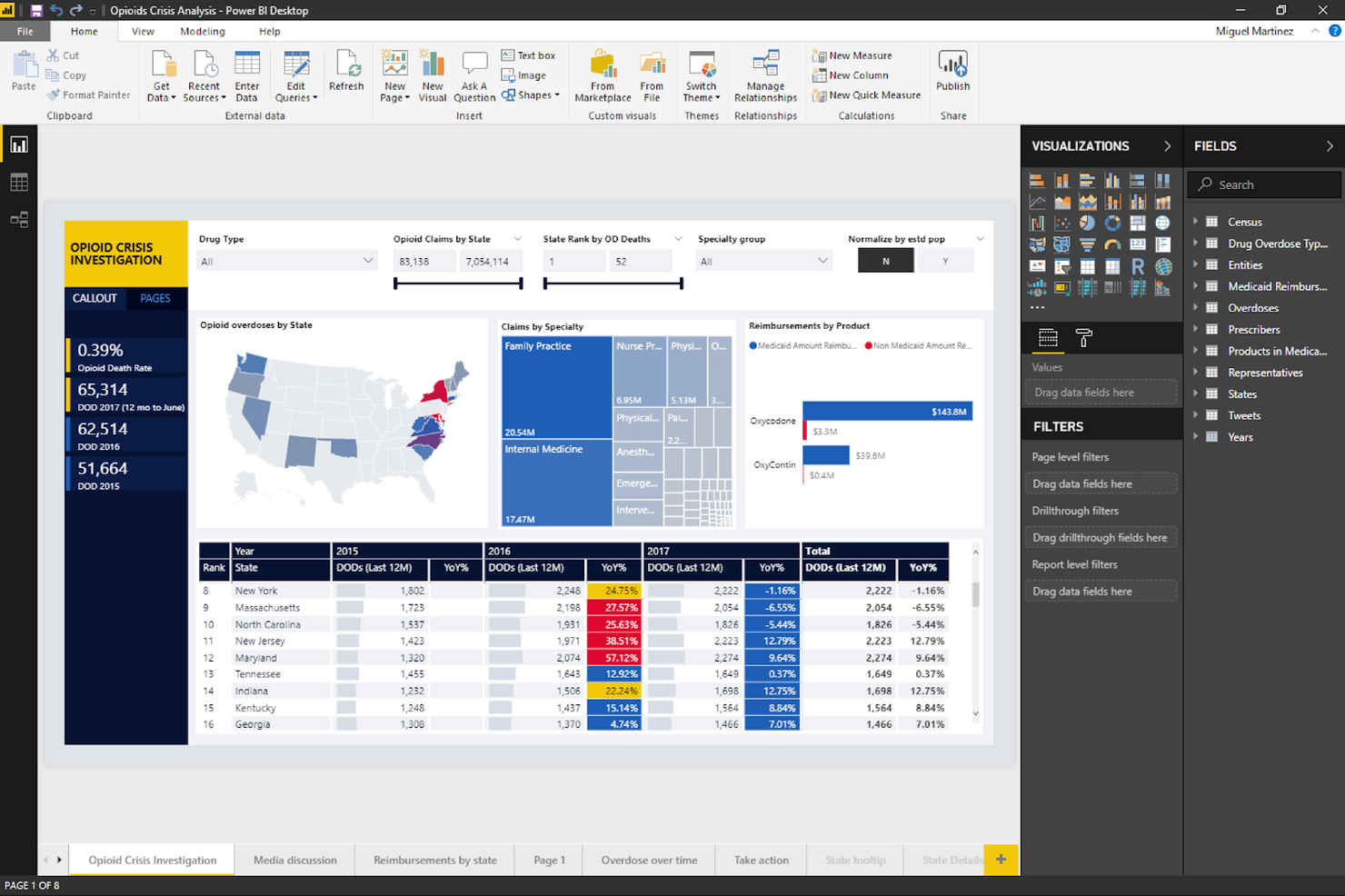
Business Intelligence Software That Adapts to Your Needs
In today’s fast-paced business environment, companies are constantly seeking ways to stay ahead of the competition. One crucial aspect of achieving this goal is to have access to accurate, up-to-date, and relevant data that can inform business decisions. This is where Business Intelligence (BI) software comes into play. BI software is designed to help organizations make data-driven decisions by providing insights into their operations, customers, and market trends. However, traditional BI solutions often fall short in meeting the unique needs of each organization. This is where adaptive BI software comes in – solutions that can be tailored to fit the specific requirements of your business.
What is Business Intelligence Software?
Business Intelligence software is a set of tools and technologies that enable organizations to gather, analyze, and interpret data from various sources. The primary goal of BI software is to provide actionable insights that can inform business decisions, drive growth, and improve performance. BI solutions can help companies to:
- Analyze customer behavior: Understand customer preferences, buying patterns, and demographics to develop targeted marketing campaigns.
- Monitor performance: Track key performance indicators (KPIs) such as sales, revenue, and profitability to identify areas for improvement.
- Identify trends: Recognize market trends, industry shifts, and emerging opportunities to stay competitive.
- Optimize operations: Streamline processes, reduce costs, and improve efficiency by analyzing operational data.
Limitations of Traditional BI Software
Traditional BI solutions often have a one-size-fits-all approach, which can be limiting for organizations with unique needs. Some of the common limitations of traditional BI software include:
- Inflexibility: Traditional BI solutions can be inflexible and difficult to customize, making it challenging to adapt to changing business needs.
- Complexity: Traditional BI solutions often require significant IT expertise and resources to implement and maintain, which can be a barrier for smaller organizations.
- Cost: Traditional BI solutions can be expensive, especially for large-scale deployments, which can be a significant barrier for organizations with limited budgets.
- Data integration: Traditional BI solutions often require manual data integration, which can be time-consuming and prone to errors.
Adaptive Business Intelligence Software
Adaptive BI software is designed to overcome the limitations of traditional BI solutions. These solutions are flexible, scalable, and can be tailored to meet the specific needs of each organization. Some of the key features of adaptive BI software include:
- Cloud-based deployment: Adaptive BI software can be deployed in the cloud, reducing the need for IT expertise and resources.
- Drag-and-drop interface: Adaptive BI software often features a user-friendly, drag-and-drop interface that makes it easy to create custom dashboards and reports.
- Self-service analytics: Adaptive BI software enables users to perform self-service analytics, reducing the need for IT support.
- Real-time data: Adaptive BI software can provide real-time data, enabling organizations to respond quickly to changing market conditions.
- Machine learning and AI: Adaptive BI software can leverage machine learning and AI to provide predictive insights and automate decision-making.
Benefits of Adaptive BI Software
Adaptive BI software offers a range of benefits for organizations, including:
- Improved decision-making: Adaptive BI software provides accurate, up-to-date, and relevant data, enabling organizations to make informed decisions.
- Increased efficiency: Adaptive BI software automates many tasks, such as data integration and report generation, freeing up staff to focus on higher-value activities.
- Enhanced collaboration: Adaptive BI software enables teams to collaborate more effectively, sharing insights and best practices across the organization.
- Reduced costs: Adaptive BI software can reduce costs by minimizing the need for IT expertise and resources.
- Competitive advantage: Adaptive BI software enables organizations to respond quickly to changing market conditions, staying ahead of the competition.
Real-World Examples of Adaptive BI Software
Several organizations have successfully implemented adaptive BI software to achieve their business goals. For example:
- Retail: A retail company used adaptive BI software to analyze customer behavior and develop targeted marketing campaigns, resulting in a 25% increase in sales.
- Finance: A financial services company used adaptive BI software to monitor performance and identify areas for improvement, resulting in a 15% reduction in costs.
- Healthcare: A healthcare provider used adaptive BI software to analyze patient outcomes and develop personalized treatment plans, resulting in a 20% improvement in patient satisfaction.
Choosing the Right Adaptive BI Software
Choosing the right adaptive BI software can be a daunting task, especially with so many options available. When evaluating adaptive BI software, consider the following factors:
- Ease of use: Does the software feature a user-friendly interface that makes it easy to create custom dashboards and reports?
- Scalability: Can the software scale to meet the needs of your organization, both now and in the future?
- Integration: Can the software integrate with existing systems and data sources?
- Security: Does the software provide robust security features to protect sensitive data?
- Support: Does the vendor offer comprehensive support and training to ensure successful implementation and use?
Conclusion
Adaptive BI software is a game-changer for organizations seeking to make data-driven decisions. By providing flexible, scalable, and tailored solutions, adaptive BI software can help companies overcome the limitations of traditional BI solutions. With its ability to provide real-time data, self-service analytics, and machine learning capabilities, adaptive BI software is an essential tool for any organization seeking to stay competitive in today’s fast-paced business environment. When choosing an adaptive BI software, consider factors such as ease of use, scalability, integration, security, and support to ensure successful implementation and use. With the right adaptive BI software, your organization can achieve its business goals and stay ahead of the competition.
Closure
Thus, we hope this article has provided valuable insights into Business Intelligence Software That Adapts to Your Needs. We hope you find this article informative and beneficial. See you in our next article!


